Film Kahay Dil Jidhar wants to reach far and wide and tackle issues without sounding preachy
Kamran Bari, who some would recognise as the co-lead of the music band Suroor, asks Adeel Pervaiz Kaleem — son of screenwriter-director Pervaiz Kaleem, often credited in films as editor Adeel PK — to switch off the lights in the editing suite of their office.
At the computer, a young assistant, who has been listening to our conversation for a while, sets the play head to the start of the title song of the film Kahay Dil Jidhar (KDJ) — a cheery number featuring Kamran (also the actor, storywriter and the producer of the film), Junaid Khan, Mansha Pasha and Roma Michael as the happy-go-lucky, youthful versions of their characters.
The film is about four friends, how they drift apart, become parts of an imperfect, corrupt system — Junaid becomes a cop, Mansha a TV anchor, Roma her research assistant and Kamran, unsurprisingly, a musician — and then come together for the greater good.
If you’re one of the 30,000 viewers who saw KDJ’s teaser trailer way back in January, and have a good memory, you may remember bits of this upbeat track at the very end of that serious-looking first look of the film.
Besides being musician Kamran Bari’s debut as an actor and producer, the upcoming Kahay Dil Jidhar is also about friendship and values. Its creative team are hoping to strike a balance between the needs of commercial cinema and putting across the message they want to convey. Will they succeed?
A better version of the song can be heard in the new trailer that was launched a few weeks ago with the announcement of the film’s release date: December 17.
Shot at Naran, Kaghan and Saif-ul-Muluk, the go-to “cinematic” areas in Northern Pakistan, the full song, where cuts surprisingly land at the changing beat and tempo, is ear-catching — as are the next three numbers I’m shown.

Mastam, probably set at a crucial juncture in the story before the youngsters grow into serious adults, is a party number bathed in shades of blue, pink and purple. In the song, alcohol flows freely and drugs are sniffed and gulped down without consequences. Normally, the amount of intake one sees on-screen would likely kill a hippopotamus, but I guess the young adults in the film have more robust digestive systems than animals — and they can jig to the rhythm of the song to boot without toppling over. Chalk one up to cinematic licence, I think.
Mansha Pasha — who I’ve never seen in an avatar like this (ie. dolled up in shimmering silvery top and trousers) — moves to the beat, sending sensuous, inviting glances straight into the lens. There are others in the scene as well — Dino Ali DJ-ing the rave-party, Junaid, Kamran and Roma sensualised in a skimpy dress.
The song intercuts with Atiqa Odho in a starkly different dress code: the uniform of the head of the Anti-Narcotics Force. Her character raids a warehouse and guns down baddies.
The next song I see has a spoiler: a sombre road trip background song that would likely play in the third quarter of the film (saying anything more would likely give the film away).
The last one, also one of the first songs we will see in KDJ according to Kamran, is Dholna — one of those foot-tapping wedding/engagement numbers that sound good, but look better on screen. The music of the film is by Atif Ali and Kamran’s band Suroor.
At my request, the afore-mentioned young assistant plays a scene between Kamran and Atiqa Odho. Surprisingly Kamran, who would be debuting as an actor, feels competent.
KDJ, the actor-producer tells me, is a film he wanted to make for a long time — 2014 to be precise. He, however, wanted to be an actor for even longer. Even before he became a part of Suroor, he says.
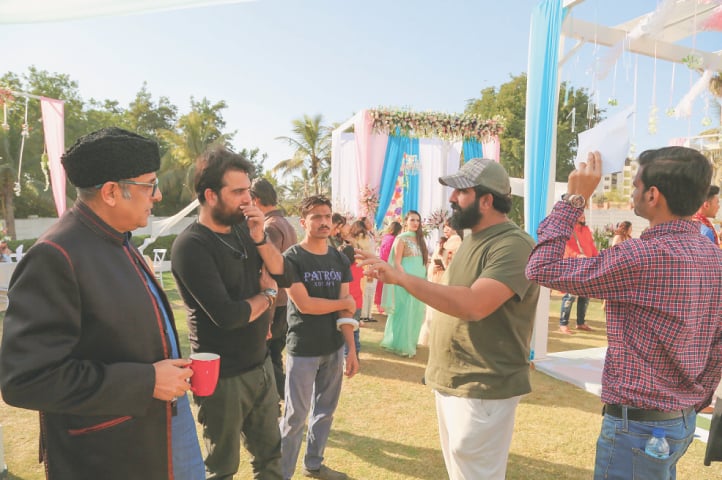
“I was still in 9th grade when I wanted to be an actor. Now my daughter is in 9th grade. Whenever Allah gives you that opportunity, I guess,” he chuckles.
This, though, is a risky time to release the film … not that Kamran doesn’t know.
Adeel PK, the creative producer, editor and co-screenwriter, sitting across Kamran, says that the pandemic threw a spanner into their plans, otherwise KDJ would have been out already and there would be one more film in production.
Kamran reaffirms: the plan is to make at least two films a year, and the plan really isn’t dependent on the box-office success or failure of KDJ.
There is genuineness in Kamran’s words and his body language. Eager to listen to stories of the industry and its workings, comprehending and learning first-hand the practices of production and distribution, Kamran is cramming up knowledge on the go.
As we speak, one realises that he knows KDJ is a test-run for bigger things. But rather than undertake a small venture, learn the ropes and then make a film for the big screen, he has chosen to go all out. It’s a risky undertaking, yes, but one that will teach him much.
“Kamyaabi nateejay mein nahin, koshish mein hai [Success isn’t in the outcome, it’s in the struggle].” This is also the motto behind his company, Wajdaan Films.

“We’ve made the best film within our abilities,” he tells me, “the rest is with God Almighty — and the audience.”
Jalaluddin Roomi, the director — who is away on a shoot, and didn’t respond until the printing of this feature — was the only one Kamran reached out to, because he was the only one he knew and felt comfortable with (Jalal has directed the music videos for Suroor and other bands).
KDJ was shot between August, September and October of 2019 with a shooting schedule of 35 days — including the songs.
Making a big commercial film in such a small schedule is no minor feat — but then again, back in the days when films were actually called films for a reason (ie. they were shot on celluloid), routine Lollywood fare would wrap shooting within a month. But those were different times. Today, the challenge is to get the audiences into the cinema seats.
Adeel PK confirms that Pakistani audiences are more difficult to woo when it comes to movies, and that is why Kamran asserts he made the film with as many commercial elements as possible. Most of them, he says, pan out naturally because of the story.
There is a message, he tells me in long detail, about the youth and how they are led astray by their own fallibilities. This, he says, is done without “bhaashan” [sermonising]. KDJ is, first and foremost, a commercial film, he reaffirms once again. The message is embedded in the story, and the story is about friends and friendships, and how one’s relationship changes at different times of life.
“Let’s say we three are friends and one of us falls into drugs or other bad habits. What we don’t do is stop that friend from ruining his life because we’re afraid that our friend would stop hanging out with us. By keeping quiet and not taking action, we save our friendship but lose our friend — this is what KDJ is about.”
Two hours late, this writer makes his way from Wajdaan Films’ editing room to a house that doubled as the drama set for the serial Koyal, directed by the very, very chilled Yasir Hussain. I am here to meet Mansha Pasha.
“I’m notoriously known for asking a lot of questions — main director ka sar khaa jaati hoon [I drive directors mad], I ask that many questions,” Mansha says.

In a scene with Noor-ul-Hasan, who plays her father, she asks the assistant director why she’s bringing him bread and milk when it’s time for dinner. Mansha adds a line that legitimises the reason for this action in the screenplay.
We sit down at a dining table during her five-minute break, where she tells me that she used to ask a lot of questions on KDJ’s set as well. As an actress, she needs to know what she’s doing and why.
“I think people assumed that I wanted do another film like Laal Kabootar, mostly because I’m considered a serious actress who does a lot of serious projects. At the release of Laal Kabootar, I decided that my next project would…”, she ponders for a second, “maybe not shock people but entertain them in a different way.
“Usually I don’t judge a project from its script. I judge the script on the basis of the filmmaker. Frankly speaking, I have read good scripts that are ruined in the hands of bad directors,” she continues.
“When I met Jalal, I felt [the script] was something he understood. It was as if he knew what I [as a character] wanted [in the scope of the story], and how to get it out of me. He was in the mind of a desi person, like my husband, and knowing what they would want to see on the screen, with a story, with a message, with the right emotions and enthralling visuals.”
Talking about her character, Mansha cryptically offers a few details. “She’s a person who stood for many good things but, like anything else, your aspirations start somewhere. In order to achieve something in life, you go through a journey where you have to forego a lot of what you believe in. However, she’s not somebody who has forsaken [her ideals].
“That’s like a question mark in her head. She’s aware that she’s letting go of a lot of things she used to believe in, and that’s nagging her — it’s not something she is not guilty of. She is knowingly doing stuff in order to achieve a certain position of power.”
In KDJ, Mansha plays a news anchor with shades of grey. Although a wild coincidence, the character she plays is similar to the one Kiran Malik plays in Shaan Shahid’s Zarrar — a film that wrapped years ago.
Junaid Khan, the main lead of the film, is in the US when we connect. Playing the son of a minister (Sajid Hassan), the character — who starts off young and carefree and becomes a rough-and-tough cop — gives the actor a lot of room to play with creatively.
“The moustaches make all the difference,” he says. “Don’t believe me? Grow one. It changes your entire attitude.” He’s almost dead serious.
“I didn’t adapt the character from any existing character from a film and I never got to play such a character on television. The characters I usually play are mature, who start their on-screen lives when they are married,” he explains.
Correlating Kamran’s point of view on the story, its theme and the characters, Junaid tells me that him playing a cop is both a necessary cliché and a necessity for the story.
However, rough-and-tough, indestructible cops are not just a cliché in our region, he points out. Hollywood movies also infrequently indulge in the stereotype. The hero, as per audiences’ general expectation, are often masculine, larger than life stereotypes, and so police and the armed forces tend to become the go-to professions for good-guys in these stories, he explains.
“It ticks off a checklist. Aggressive, macho, robust. It’s a very cliched but workable formula. Also, with the police, you get to beat up bad guys within the system, which is more convenient, and more politically correct — and of course, any man looks great in a wardi [uniform].”
KDJ, as Junaid, Kamran, Adeel and Mansha explain, wants to reach far and wide and tackle — or at the least touch upon — issues big and small, without sounding preachy — yet still entice people who long for mainstream movies.
No matter who you ask from this team, they’ll affirm that it’s a delicate balance — though, one they feel they’ve maintained quite well. The rest, as Kamran says, is up to the audience.
Distributed by Mandviwalla Entertainment, Kahay Dil Jidhar releases on the December 17 in cinemas across Pakistan
Originally published in Dawn, ICON, November 28th, 2021





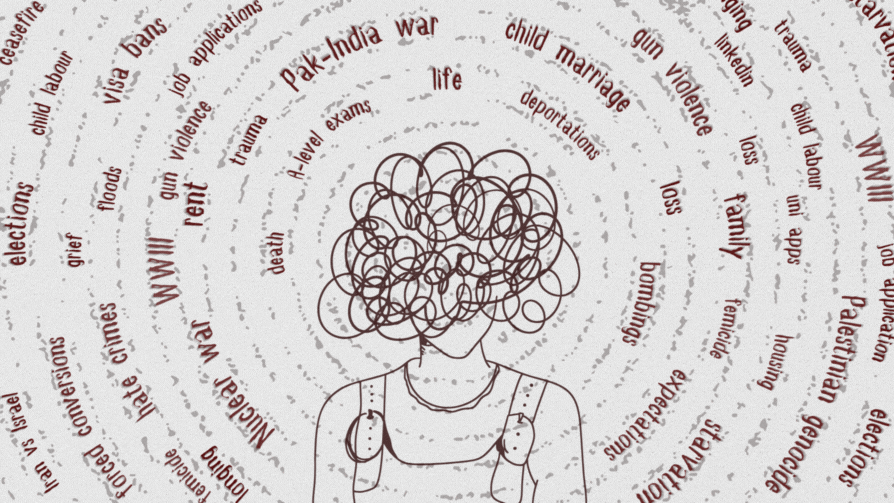

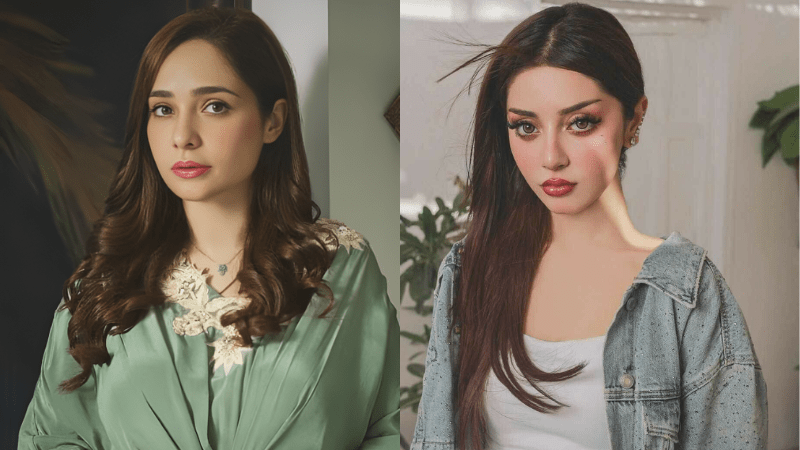

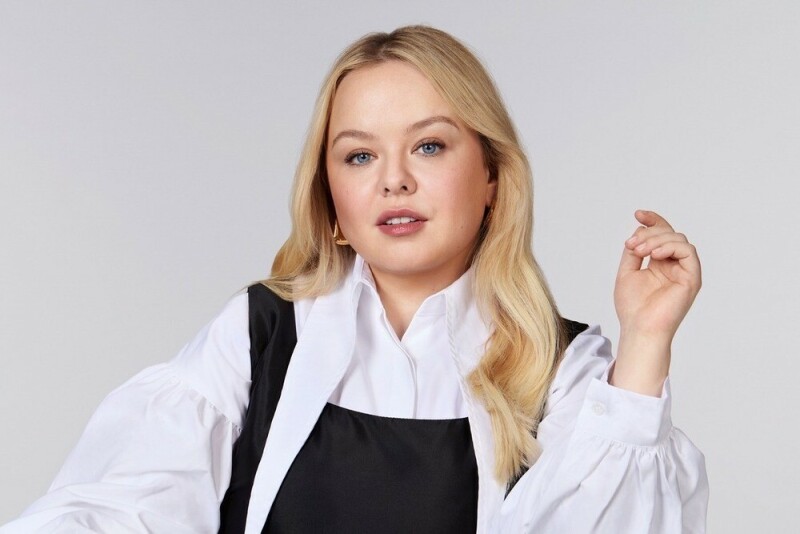
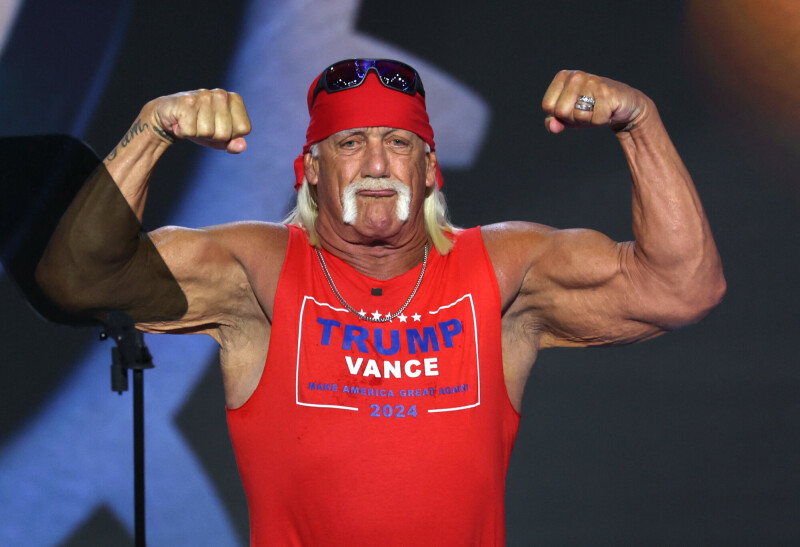
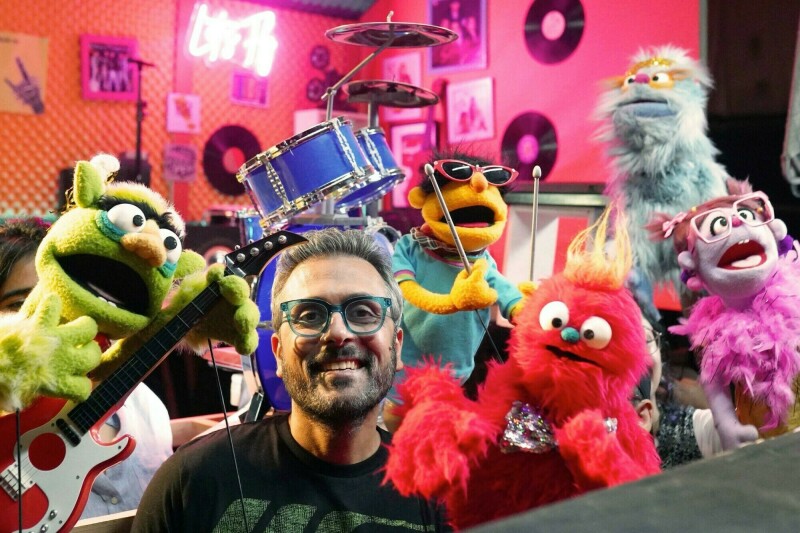
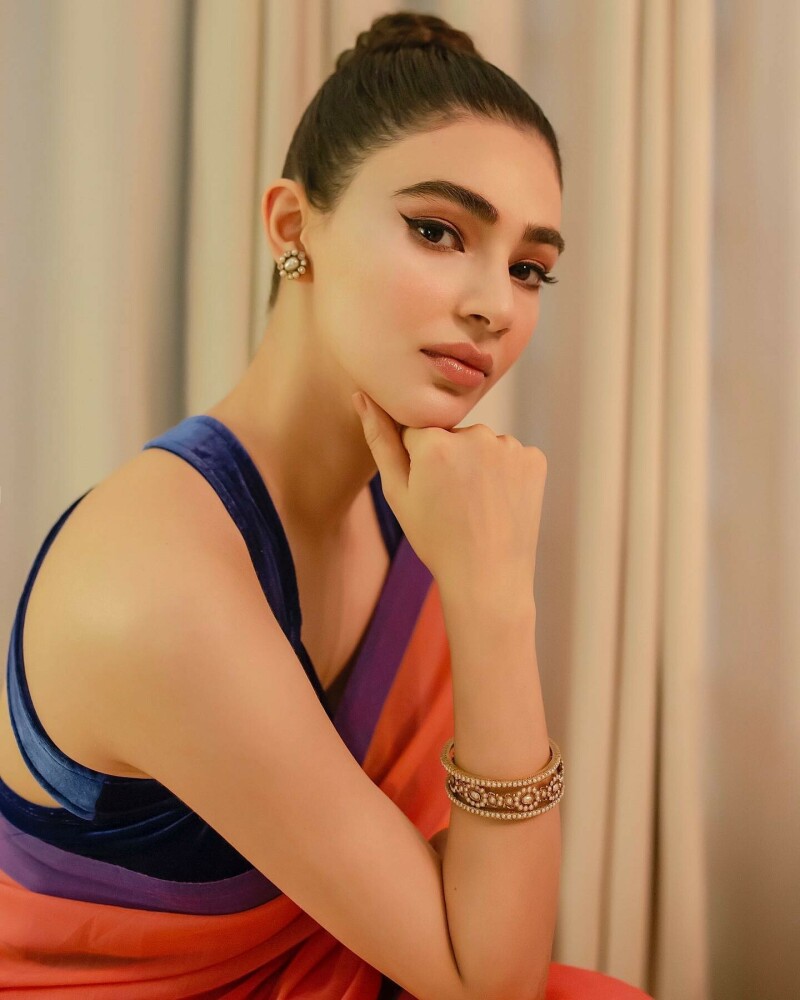
Comments